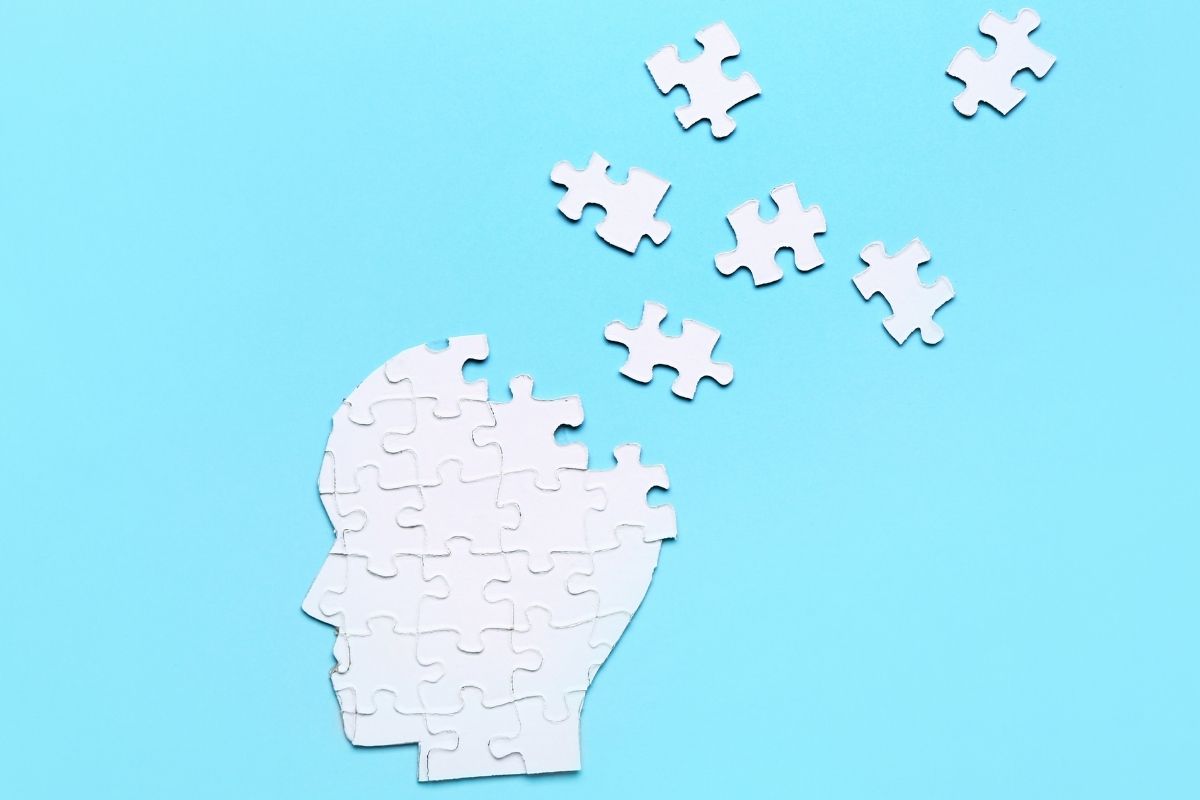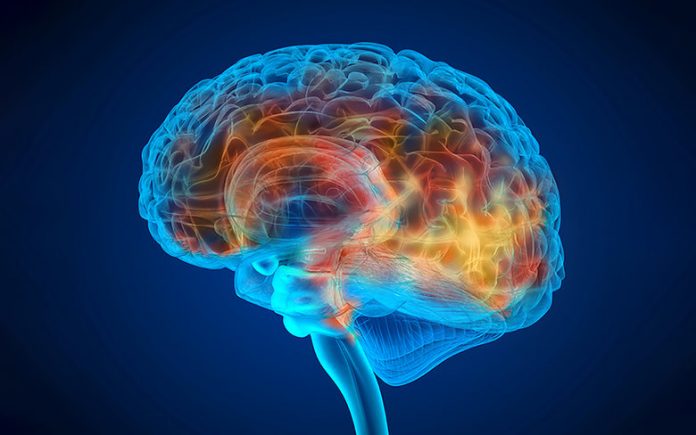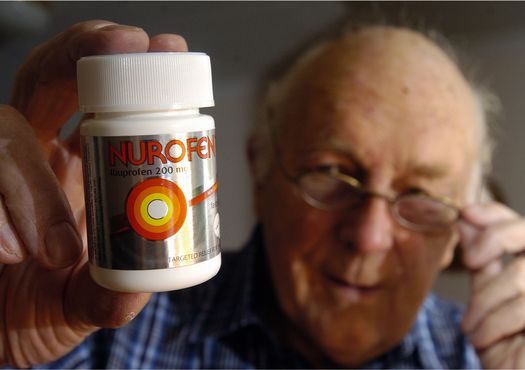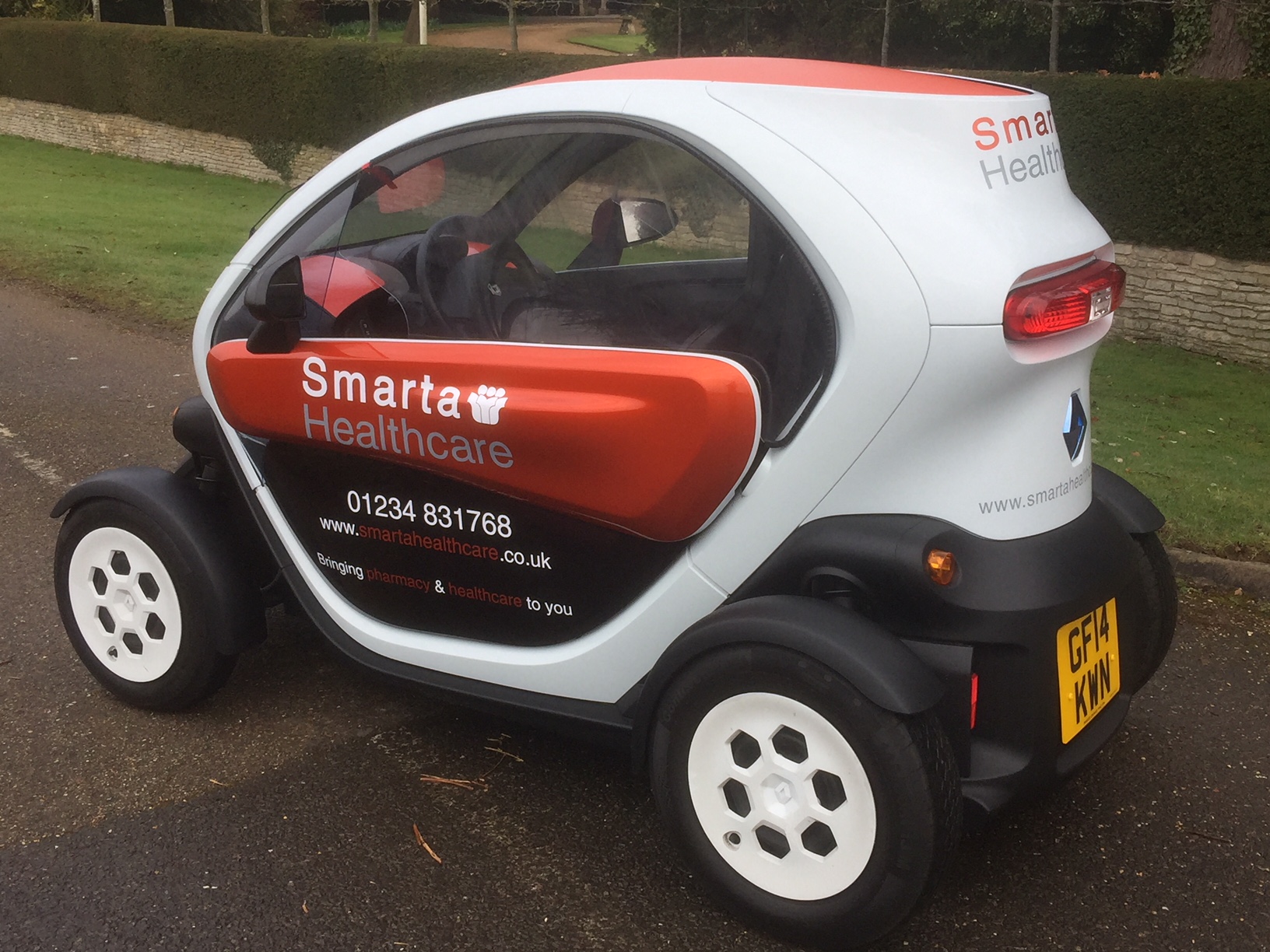Living with Dementia

Dementia is a form of Alzheimer’s and is usually defined by an ongoing decline of brain functioning. Whether it is expected or comes completely out of the blue, it is likely to have a significant impact on the person who has been diagnosed as well as their family and friends.
Each diagnosis is different, but in any situation can be life-changing and comes hand in hand with a number of considerations to ensure the best possible care for the sufferer.
However, like any disease, Dementia can be tricky to understand. In this day in age, it’s easy to pick up a smartphone and Google the condition, and although you are likely to find a wide variety of information, covering many different types of dementia, it may not always be accurate and in turn could hinder rather than help.
This can be slightly overwhelming, as many people suffer with Dementia differently. To help, the team at Smarta Healthcare have taken the time to pull together a clear overview, to aid your research:
Overview
As a whole and in whatever diagnosis, Dementia is a disease that causes the brain to deteriorate. It can come in many forms, with many people still living well for a long time and having a good memory, although some people may notice memory changes over time.
It should be said that the ageing process can put someone at higher risk of developing certain types of dementia, however, Dementia is not a normal part of getting older.
It is also important to note that it doesn’t just affect older people. Whilst dementia is more prevalent in people over 65, younger people are still at risk.
What types of Dementia are there?
According to Alzheimer’s Society, there are many different types of Dementia. Some types are rarer than others, but each type of Dementia is a different experience for others and provides various symptoms.
In a lot of cases, it can affect the personality, ability to communicate and, ultimately, the physical and mental abilities of the person with the condition.
Alzheimer’s disease
Alzheimer’s is the most common form of dementia and develops ‘plaques’ and ‘tangles’ in the brain, as well as depleting the brain of certain chemicals. These physically change the brain and its ability to send and receive signals.
As the disease progresses, the chemistry and structure of the brain change. This leads to the deterioration of brain cells and an inability to access what was held by those cells.
Although Alzheimer’s disease can affect people differently, there are common examples of symptoms. Although, again, symptoms can be different in different people.
Someone with a diagnosis of Alzheimer’s disease may become confused or disorientated. The person may struggle to recall a recent memory or people’s names. Alzheimer’s disease can also affect the person’s mood and may make them angry, upset or frustrated.
As the dementia symptoms progress, they can have an impact on the person’s ability to communicate. This has been known to lead to people becoming withdrawn or depressed.
Vascular dementia
Vascular dementia is caused when the brain’s blood supply is interrupted. The symptoms of vascular dementia can occur suddenly, following a stroke, or over time through a series of smaller strokes or small vessel disease.
Not everyone who has had a stroke will go on to develop this type of dementia, but those who have are more at risk. As with Alzheimer’s disease, vascular Dementia’s symptoms can develop in different ways in different people.
However, commonly experienced symptoms can affect a person’s concentration, cause confusion or even seizures. Issues with memory aren’t always the first symptom.
Dementia with Lewy bodies
Lewy bodies are small lumps of protein that develop inside brain cells. It is not known what causes them. It is also unclear how they affect the brain and eventually cause dementia symptoms.
However, their presence is linked to low levels of chemical messengers and a loss of connections between nerve cells.
This form of dementia progresses in a similar way to Parkinson’s disease, where people may have similar symptoms, such as muscle rigidity, involuntary shaking and slow movement.
Dementia with Lewy bodies may affect memory, but symptoms may also include disturbed sleep, issues with attention span or spatial awareness. Dementia with Lewy bodies can occur alongside Alzheimer’s disease or vascular dementia.
Fronto-temporal dementia
This type of dementia is one of the less common forms. It is caused by damage and shrinking in specific areas of the brain that control behaviour, emotions and language.
It may also be called Pick’s disease. When nerve cells in these parts of the brain die off, the pathways that connect them change and, over time, the brain tissue shrinks.
This form of dementia is more likely to affect people under the age of 65. By its nature, people with this type of dementia are likely to experience personality changes.
Some symptoms may include unusual behaviour such as aggression or being distracted. People may also develop difficulty with their speech, or experience changes in their ability to hold conversations and/or find the right words.
Where can you find more information?
Organisations like Alzheimer’s Society, Alzheimer’s Research UK and Tibbs Dementia Foundation are a collection of the best sources, with each boasting a huge amount of useful publications and support that can help to inform you.



























































